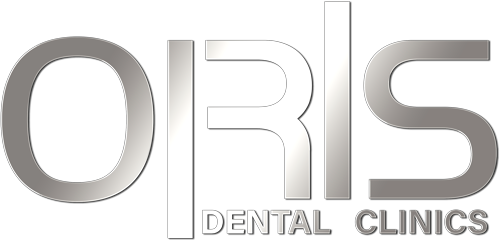We can smile, wink, cry, frown, and make a variety of other facial expressions thanks to the facial nerve, which also controls the muscles on the sides of the face. The facial nerve also helps us control the movements of our faces when we eat, drink, and talk. There are two facial nerves, one on each side of the face. Each nerve starts at the parotid gland and goes around the middle ear, coming out at the base of the skull. All of the muscles in the face can move because of these branches.
What Causes Facial Nerve Injury?
Damage to the nerves can result from head or face trauma. Blunt force, such as being struck forcefully with something heavy or sharp, can cause this. Some conditions, like birth defects, Bell’s palsy, or a stroke, can also damage nerves. Also, the surgeries that are sometimes needed to remove tumours or cancer from the face can sometimes damage facial nerves.
What Are the Symptoms of Facial Nerve Injury?
Numerous symptoms can manifest in those who have facial nerve damage. Facial paralysis is the most common sign. A person with facial paralysis might not be able to move their facial muscles or might move their face on its own. Some patients, for example, will smile or frown without meaning to, and others will have drooping eyes and mouths. In addition, one side of one face will sometimes drop down while the other side stays the same. Other signs can include a change in taste, like losing the ability to taste, or a change in hearing, like hearing loss or louder sounds.

Can I Lower My Risk of Facial Paralysis?
You can’t always avoid conditions or situations that can lead to facial paralysis, especially if you’ve been hurt. You can, however, take steps to lower your risk of stroke, which in turn will reduce your risk of facial paralysis caused by a stroke:
- Keep an eye on your blood pressure and cholesterol.
- Treat and manage health problems like diabetes and heart disease.
- Follow the directions on all of your medicines.
- If you smoke, talk to your doctor or nurse about how to stop.
- Limit the number of alcoholic drinks you have.
- Exercise regularly.
- Eat a lot of fresh fruits and vegetables and whole grains.
- Keep your weight at a healthy level.
What Are the Treatments?
There are a few ways to treat nerve damage in the face that doesn’t get better on its own. Some of these are physical therapy, exercises for the face, and surgery.
What We Recommend
You should see a doctor right away if you get facial paralysis, whether it happens slowly or all of a sudden. Even though facial nerve paralysis isn’t dangerous in and of itself, it could be a sign of a more serious health problem. The best way to help someone get better quickly and with less damage is to get medical care right away. Still, facial paralysis can sometimes last for life. In these situations, your doctor or nurse will work with you to lower the chance of more damage and improve your quality of life.
Oral and maxillofacial surgeons can treat facial nerve injuries completely; however, if we discover the signs and symptoms, we can figure out what is wrong and, if necessary, get help right away. Facial nerve palsy can also affect the mouth. For more information on facial nerve injury, contact our office in Richmond Hill, Toronto!




